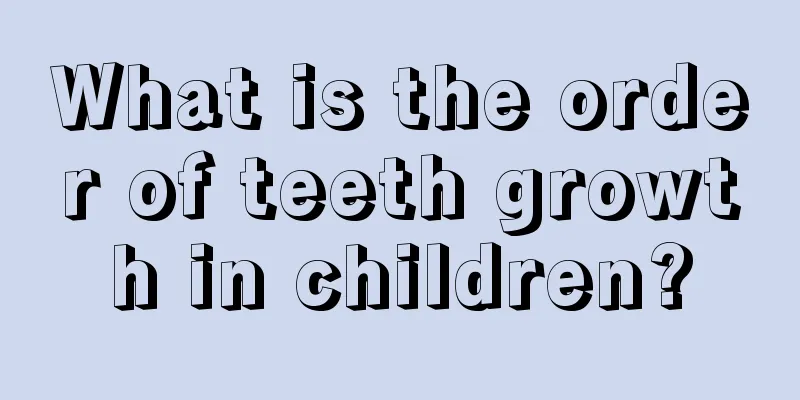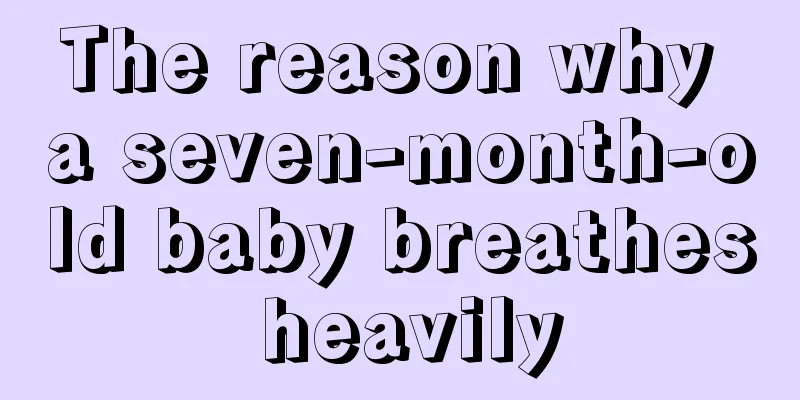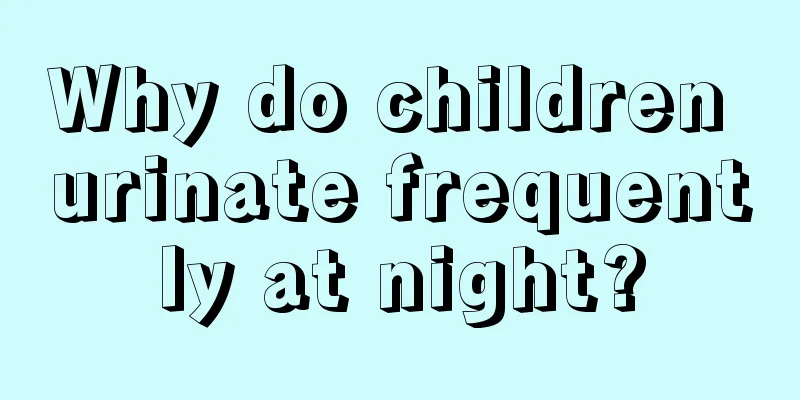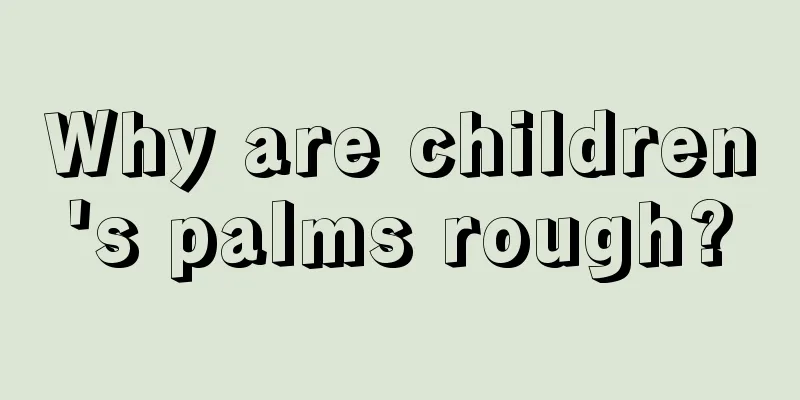What is the order of teeth growth in children?

|
When children are teething, there are many issues to pay attention to. At this time, children must choose light food in their diet. Light food will not have too much impact on children's bodies, and it is very helpful for teething. At the same time, it can relieve children's discomfort caused by teething. So what is the order of children's teething? There are also some rules in the order of children's teething. The following is a detailed introduction. The order of teething in children: 1. Central incisor: 6 months for mandibular; 7.5 months for maxillary 2. Lateral incisors: mandibular 7 months; maxillary 9 months 3. First deciduous molars: mandibular 12 months; maxillary 14 months 4. Canines: 16 months for lower jaw and 18 months for upper jaw 5. Second deciduous molars: mandibular 20 months; maxillary 2 years Reasons why babies' teeth grow too slowly 1. Congenital heredity: The main reason why young children grow teeth slowly is genetics, including family medical history, race, and even gender differences. According to most research reports, girls' teeth grow earlier than boys. 2. Acquired environment: In addition to congenital genetic factors, the acquired environment may also indirectly cause slow tooth growth. Take premature babies for example. The time of their teeth growth must be deducted from the time of their premature birth, so that the conclusion drawn can be more accurate. If the baby is born prematurely at 30 weeks of gestational age, the growth of the first tooth must be delayed by 10 weeks (usually 6 to 8 months after birth). In addition, babies who are born with low birth weight are also likely to have slow teething. 3. Systemic diseases: Down syndrome, abnormal pituitary secretion, ectodermal dysplasia syndrome, etc. may all cause differences in the speed of tooth growth in young children. Blood tests must be conducted to determine the true cause. 4. Trauma and infection: If a child's deciduous teeth are uneven, it is very likely that the teeth have been hit by external force, causing the ligaments connected to the teeth to necrotize and be replaced by new bone (bone adhesion). From the outside, it seems that only one tooth is growing slower, but in fact it will affect the eruption of permanent teeth. If a child loses their deciduous teeth prematurely, connective tissue will form on the gum surface. If the permanent teeth have not fully grown at this time, they will be compressed and the permanent teeth will erupt more slowly. In addition, sometimes the medications that young children take can cause the gums to thicken, making it difficult for teeth to erupt, which can also give parents the misconception that teeth are growing more slowly. After understanding the order of children's tooth growth, parents should pay attention to their children's tooth growth when their children are teething, so that any abnormalities can be discovered in time. If the children's teeth are not growing properly at this time, orthodontic treatment can be performed to ensure that the children's teeth are in good condition when they grow. |
<<: My baby's ears are swollen, what's going on?
>>: Symptoms of intrauterine pneumonia in infants
Recommend
What if a child says he has chest pain that goes away after a while?
We all know that if the elderly have chest pain s...
6 ways newborns communicate
After the baby is born, parents are excited and w...
What to do if your child has contact dermatitis
Children's contact dermatitis is likely an al...
Is it okay for the baby to take a bath every day?
Taking good care of the baby's daily life is ...
How to make autumn health soup for children
In autumn and winter, one of the issues that peop...
What are the conditions for children to be nebulized?
Nebulization is the main method used in hospitals...
What medicine should children take for clear runny nose
Children are more susceptible to colds and fevers...
What are the causes of throat polyps in children?
Polyps always make people feel uncomfortable. The...
Massage for children with cold
Children are the backbone of their parents and th...
How to take care of your baby if bronchitis keeps recurring
As the weather changes, it is easy for babies to ...
Can I give my baby a bath when he/she is asleep?
Babies are very difficult to take care of when th...
Pediatric brain injury syndrome
Pediatric brain injury syndrome is a relatively c...
Chickenpox symptoms and treatment in children
It is very common for children to get chickenpox....
What are the methods for cutting baby eyelashes?
When a baby is just born, its eyelashes are not v...
Can children eat pineapples?
Pineapple is a fruit that many people like to eat...









